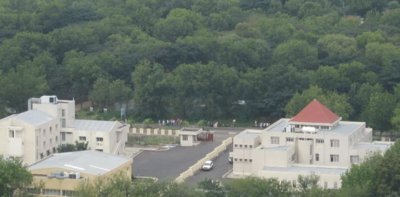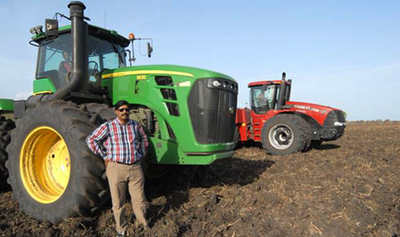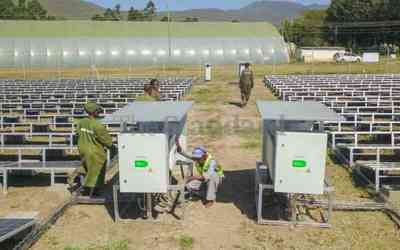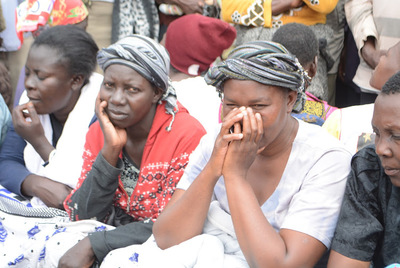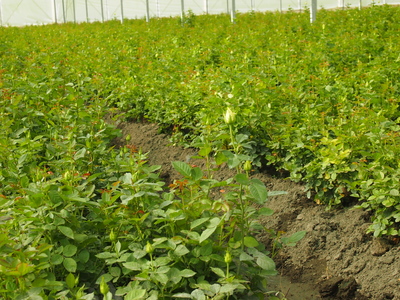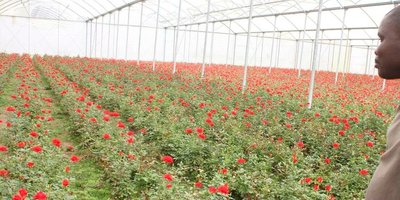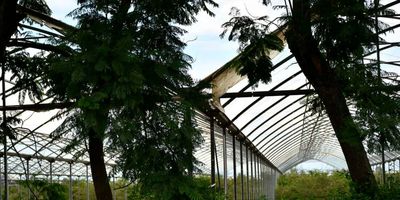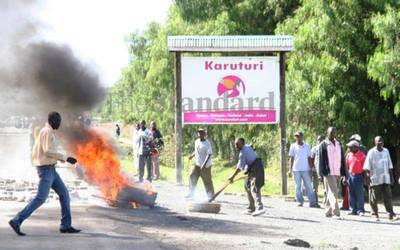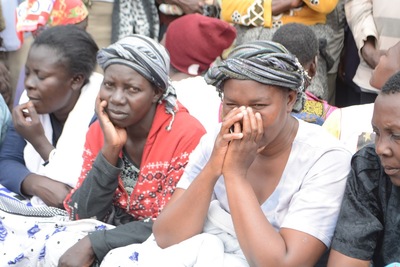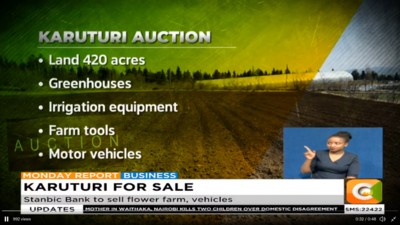Gambella eyes palm cultivation in wake of commercial farming exodus
- The Reporter
- 28 October 2024
Ethiopia’s hopes of ushering in a new era of commercial farming ventures rested in large part on the shoulders of the Gambella Regional State. Recent years have seen hundreds of investors granted licenses and credit to establish commercial farms in the southwestern corner of the country, but little has come from the efforts.




